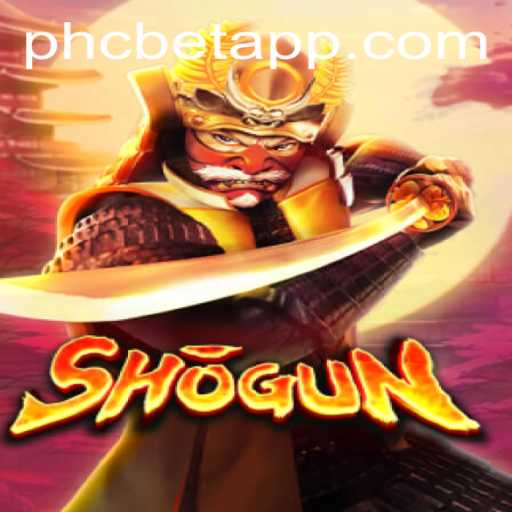Unveiling the Shogun Game
The world of gaming is vast and diverse, offering a plethora of opportunities for enthusiasts to immerse themselves in thrilling experiences. One such captivating journey is presented by the game 'Shogun'. The allure of 'Shogun' lies in its strategic gameplay set in the historical context of feudal Japan. This article delves into the rich tapestry of this game, offering insights into its key features, introduction, and the rules that govern its play.
Introduction to Shogun
'Shogun' is a board game that transports players to the intriguing era of feudal Japan, where clans compete for dominance and control. Designed with a focus on strategic depth, the game emphasizes territorial expansion, resource management, and tactical combat. Players take on the role of daimyos, powerful warlords tasked with expanding their influence and claiming the coveted title of Shogun.
Gameplay Dynamics
The game brilliantly integrates various elements of strategy with theme-driven components, captivating players with its rich narrative and immersive structure. Each player begins with a predefined number of provinces, a host of strategic possibilities at their disposal, and a keen eye on the competition. The objective is clear: secure more territories while accumulating resources to sustain power and influence.
Key Components
The components of 'Shogun' add layers of depth and complexity, catered to enhance the player's experience. Components include territorial maps, troop pieces, resource cards, and battle dice, each vital in executing strategic decisions and engaging in combats. The exquisitely detailed board captures the essence of Japan's geographical and political divisions, further immersing players in the tactical challenges each turn presents.
Strategic Depth
The strategic depth of 'Shogun' lies in its balance between planning and adaptation. Players must continuously formulate and refine strategies based on opponents' moves. The inclusion of a cube tower for resolving battles introduces an element of unpredictability, ensuring that each encounter demands tactical foresight. The randomness of the cube tower blend well with strategic planning, making no two game sessions identical.
The Rules of Engagement
Understanding the rules of 'Shogun' is essential for any aspiring daimyo poised to rise to power. The game sequence typically unfolds over several rounds, each punctuated with specific phases.
Setup Phase
In the initial setup phase, players claim their starting provinces and distribute their armies. They must also select their initial strategies by investing in special powers provided by strategy cards, which can offer various tactical advantages.
Action Phase
During the action phase, players secretly plan their moves by allocating troop actions on their province board. This phase is pivotal as strategic decisions regarding reinforcements, movements, and fortifications are concealed from opponents until executed.
Battle Resolution
Combat is a significant aspect of 'Shogun', resolved using the cube tower where players place cubes representing their armies. The number of cubes remaining in the tower after each battle determines the victor, though the unpredictability factor adds a unique twist to traditionally hard set strategies.
Current Events and Relevance
Beyond the immersive experience of 'Shogun', the game also finds relevance in the current gaming landscape where social interaction and strategic thinking form the core of board game popularity. Amidst the rise of online platforms and digital gaming, traditional board games like 'Shogun' offer a nostalgic and communal play experience that is increasingly embraced by the modern audience.
Moreover, events like PHCBET highlight the evolving discourse on gaming culture, offering platforms where classic games and modern innovations intersect, expanding their audience base. Embracing games like 'Shogun' within such events can foster deeper engagement and community building around strategy-based board games.
Concluding Thoughts on Strategy and Innovation
'Shogun' stands as a testament to the timeless appeal of strategy board games, fulfilling both the desire for intellectual challenge and the enjoyment of historical reenactment. Its intricate planning scenarios and vibrant gameplay continue to attract both veteran strategists and new gamers looking to explore the melding of history and tactical play. As the future of gaming leans towards both technological integration and preserving traditional roots, 'Shogun' embodies a perfect example of how these worlds can coexist and thrive.








